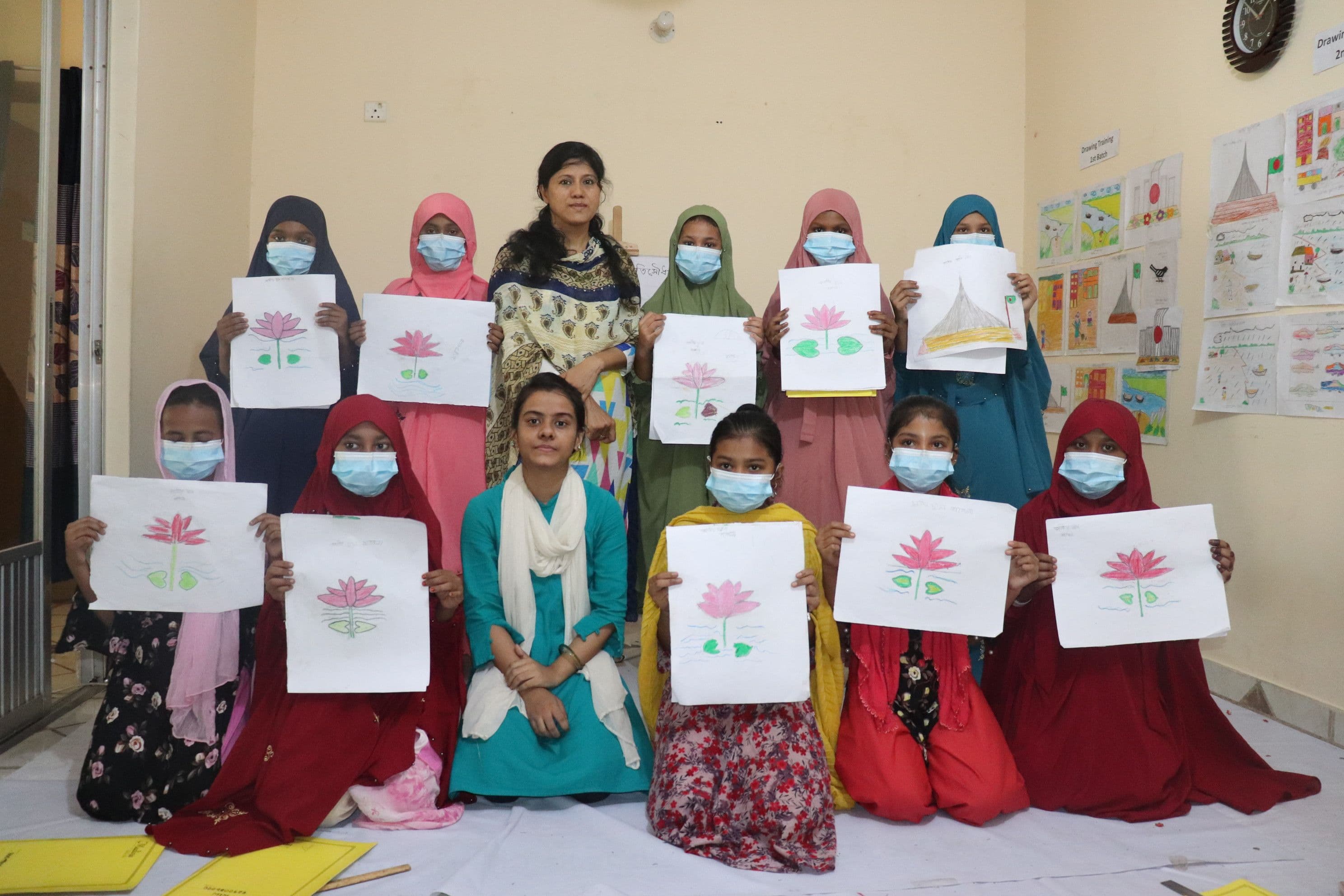Historically, Violence Against Women (VAW) has been always there, as a prevalent and persistent problem. Women’s safety remains at risk everywhere, whether it is her home, her workplace or the institution where she studies. To bring the spotlight on Violence Against Women in Bangladesh, its trends and solutions, ActionAid Bangladesh has come up with research studies which have been launched this January 17, 2019 at the Bishwo Shahityo Kendro conference room in the capital’s Banglamotor area.
The two study reports reveal that domestic violence in Bangladesh is the most prevalent and commonly faced category of VAW. While, on the other hand, the presence of an effective mechanism to address sexual harassment against women at educational institutions and workplaces remain poorly visible even after almost nine years of issuance of Supreme Court’s guidelines regarding the issue.
The studies are titled ‘Sexual Harassment at Educational Institutions and Workplaces: Implementation Status of the 2009 Supreme Court Guidelines’ and ‘Spotlight on Violence Against Women in Bangladesh: Trends and Solutions’.
According to the studies two-thirds of women in Bangladesh, or around 66 per cent, have been victims of domestic violence and 72.7 per cent of them have never disclosed their experience to others.
Only 2.1 per cent of women apprise local leaders of their experience, while 1.1 per cent of women seek help from the police. Four out of every five cases brought before the courts by women are related to violence, according to the study.
“There is only a 3.1 per cent chance that the court will rule in favour of the victim. On the other hand, there is a 32 per cent chance that the court will dismiss a case and release a perpetrator,” it said.
In 2009, the High Court division of Supreme Court issued ground-breaking directives to prevent sexual harassment at workplaces and in public places. The court charged the workplaces and the educational institutions with the responsibility of taking effective measures to prevent sexual harassment.
Yet, 87 per cent of public and private university students do not know the Supreme Court’s directions, while just 13 per cent had merely heard about the guidelines without knowing further details about what they comprised. Again, 84 per cent of the students did not know that sexual harassment committees existed in their respective universities.
‘64.5 per cent of professionals had no knowledge of it and 14 per cent had only heard about the judgment but did not have any clear understanding or knowledge about the detailed guidelines”, said the report.
Taslima Yasmin, assistant professor of the Law department of Dhaka University (DU), presented the research during the programme.
Chairman of the National Human Rights Commission of Bangladesh (NHRCB), Kazi Reazul Hoque, said, “The reality of our country is that no action is taken against harassment or sexual abuse. It is the same condition at workplaces. We need to find the weak point of the law and solve it.”
Additional Secretary of Ministry of women and children affairs Md Abdul Karim, Deputy Commissioner of Dhaka Metropolitan Police Farida Yeasmin, Editor of the Daily Ittefaq Tasmima Hossain, Board Member of ActionAid Bangladesh Dr. Khalilur Rahman, its Deputy Director Faria Chaudhuri and its Manager Kashfia Firoz also spoke in the occasion among others.



